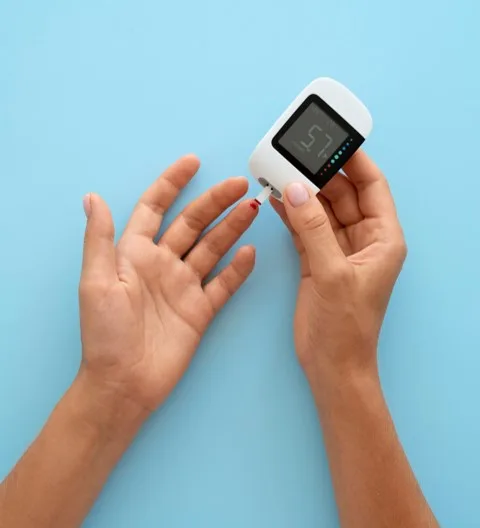Wearable technology has transformed healthcare by enabling continuous monitoring of individual health metrics. As a result, this advancement allows for more personalized and effective treatment plans. Devices like smartwatches and fitness trackers collect real-time data on heart rate, sleep, and activity levels. Consequently, this information helps providers tailor medical interventions to each patient’s needs. According to Nirvana Healthcare, integrating wearable devices with mobile technology not only boosts patient engagement but also enhances health control.
How Wearable Devices Enhance Patient Engagement and Compliance
Wearable devices play a crucial role in improving patient engagement and compliance with treatment plans. By providing real-time feedback on health metrics, these devices encourage individuals to take a proactive role in managing their health. For instance, a patient with hypertension can monitor their blood pressure regularly, allowing for timely adjustments to medication or lifestyle changes. In turn, this immediate feedback loop fosters a sense of responsibility and motivation, leading to better adherence to prescribed therapies. Furthermore, Nirvana Healthcare notes that wearable technology transforms patient care by facilitating continuous data collection and personalized healthcare delivery.

The Role of Wearable Technology in Chronic Disease Management
Chronic diseases like diabetes, hypertension, and obesity require ongoing monitoring. In this regard, wearable devices help track vital health metrics for these conditions. For example, continuous glucose monitors provide real-time blood sugar levels, allowing timely interventions. Similarly, devices that track activity and calories aid in obesity management by promoting healthier lifestyles. Moreover, a study in PubMed highlights that wearables support noninvasive and continuous monitoring of vital parameters, making them essential tools in chronic disease management.
Esvyda's Comprehensive Remote Patient Monitoring Solutions
Esvyda offers a comprehensive Remote Patient Monitoring (RPM) solution that integrates wearable technology to provide personalized healthcare services. By leveraging wearable devices and telehealth platforms, Esvyda enables healthcare providers to track patients’ progress in real-time, facilitating timely interventions and personalized care plans. Not only does this approach improve clinical outcomes, but it also enhances patient satisfaction by promoting effective communication between patients and providers. As highlighted by Esvyda, their RPM solution allows providers to access real-time data, prevent complications, and significantly improve a patient’s quality of life.
The Future of Personalized Healthcare with Wearable Technology
The integration of wearable technology into healthcare systems signifies a shift towards more personalized and patient-centered care. As these devices become more sophisticated, with capabilities such as monitoring a wide range of health parameters including sleep patterns, blood oxygen levels, and heart rate variability, healthcare providers will be better equipped to tailor interventions to individual needs. Consequently, this evolution holds the promise of not only improving patient outcomes but also enhancing the efficiency of healthcare delivery. According to an article by Augnito, AI-powered wearables can monitor a wide range of health parameters, providing valuable data for personalized healthcare.

Embracing Wearable Technology for a Healthier Future
Embracing wearable technology in healthcare offers numerous benefits, including personalized treatment plans, improved patient engagement, and more efficient management of chronic diseases. As these devices continue to evolve, their integration into healthcare practices will likely become more seamless and widespread. Therefore, healthcare providers and patients alike stand to gain from the insights provided by continuous health monitoring, paving the way for a future where healthcare is more proactive, personalized, and effective.
Download this artice
Wearable Technology: Personalizing Healthcare
Embracing wearable technology in healthcare offers numerous benefits, including personalized treatment plans,
improved patient engagement, and more efficient management of chronic diseases.
Click Here

